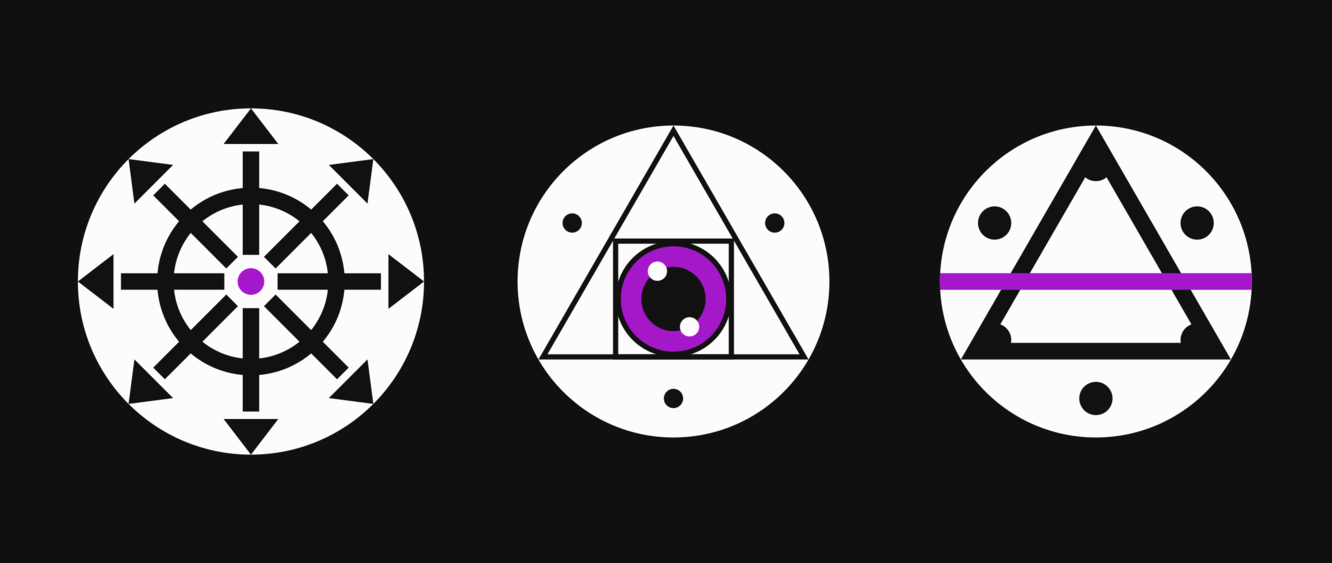
You probably should not use link shorteners, here's why:
- All links on Mastodon count as 23 characters no matter how long they really are. There is no need to shorten links on Mastodon, it won't save you any space.
- Link shorteners endanger privacy by allowing click tracking, and by hiding what is actually being clicked.
- Shortener providers will shut down, breaking all their links. e.g. Google's shortened links will all show 404 errors from September: https://chaos.social/@root42/114929876895398208
There is a counter-campaign to call the payment processors and demand they reverse the censorship, see here for who to call and write https://bsky.app/profile/meltingcomet.com/post/3luqlzgxkz222
A lot of these payment processors are headquartered in California. If you're a vendor that's been discriminated against (for example, if you're an LGBTQ artist whose content has been censored) you can file a civil rights complaint at https://calcivilrights.ca.gov/complaintprocess/
New California state law may also be needed to require large payment processors to accept payments for any legal business, similar to how a utility or railroad have to serve everyone. Talk to your state legislators. 4/
HTML day, Ottawa edition 🍁
August 2, 2025
12pm-5pm
Brown's Inlet Park
Come hang out and write some HTML!!!
More info ➡️ https://html-day-ottawa.vercel.app/
Not in Ottawa? Other locations + online event here: https://html.energy/html-day/2025/index.html
If people want to do something about the itch.io thing, a number of us engineers, artists, and community members are gathering together to plan for and build a real alternative that's genuinely resistant to this kind of censorship in a way centralized platforms with singular payment processor relationships simply can't be
Join us! We need all the help we can get.
Every little website is being pushed onto Facebook thanks to the computer illiterate duckheads in UK Parliament. We'll played MPs, people are much more vulnerable on Facebook you cuckwombles 🤬
open up any program
immediately have to go through a needlessly complicated series of steps to try and disable all of the bullshit
We're experimenting with federated geosocial features in Bonfire, free from surveillance capitalism.
Check into your local community garden. Add location to mutual aid requests. Find tools nearby.
Imagine your local fablab or community center sharing check-ins, calendars, events, opening hours - all federated. A living hub for what's happening there.
🔧 https://github.com/bonfire-networks/bonfire-app/issues/1444
This unlocks new possibilities for local organizing, let's explore together 🔥
Still get nightmares about the effort I had to put into doing multicast UDP over Android wifi hotspots.
Per WaPo: U.S. state and federal government agencies have already been breached by the SharePoint zero-day bug. Commercial sector also affected. Tens of thousands of SharePoint self-hosted servers around the world at risk.
https://www.washingtonpost.com/technology/2025/07/20/microsoft-sharepoint-hack/
@alcinnz One topic that I feel isn't explored enough is software efficiancy on all levels. You can use software from the 90s to do the same work that was possible back then (search for information online, listen so music, design a flyer or write some document, so some calculations in a complex spreadsheet, even watch videos) and it will be incredibly snappy with minimal latency. Experiments like that show how much worse software has effectively become over the years, from the performance point of view.
I remember when I installed Windows 95 on a 2 GHz Athlon XP or something once and when I clicked the start button it felt like the menu was open before I even clicked. Because we're used to a little bit of latency. You can't get this effect even on a modern PC when you install Windows 95 in a VM because of all the stuff modern systems add.
How nuch of the modern abstraction layers do we really need; How much do we want? And how much do we just use out of convenience? Are native apps really not feasable anymore in a commercial envirenment? Then maybe something needs to be changed in the envirenment.
How much energy could be saved over decades if certain coding principles with efficiancy in mind would be adopted instead of making the task more complex all the time?
- Pronouns
- they/them/it
- mauve+fedi@mauve.moe
- Matrix
- @mauve:mauve.moe
- Github/Gitlab/Discord
- @RangerMauve
Occult Enby that's making local-first software with peer to peer protocols, mesh networks, and the web.
Yap with me and send me cool links relating to my interests. 👍
